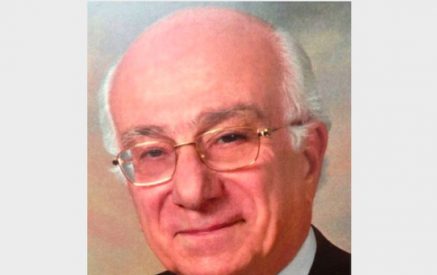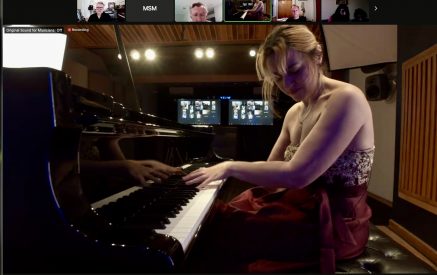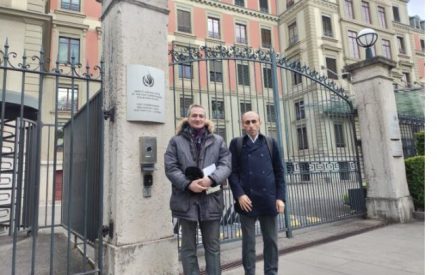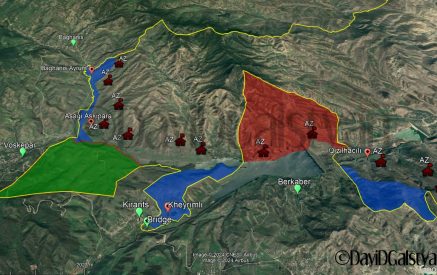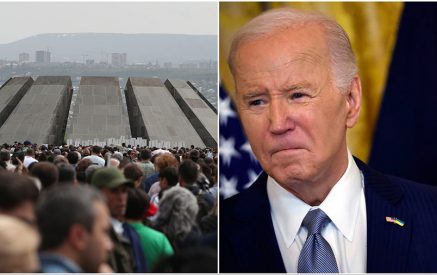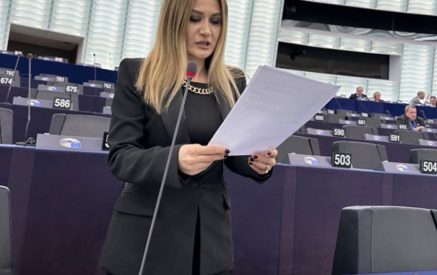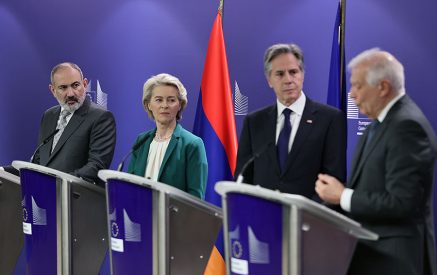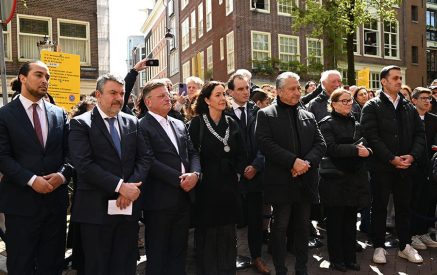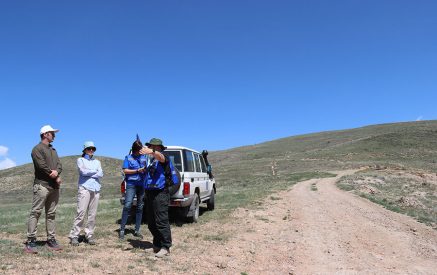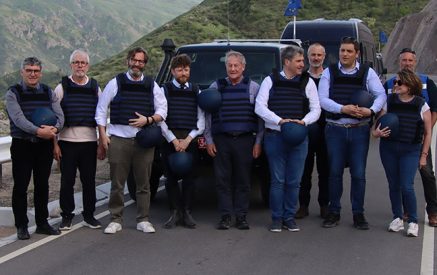The PACE Committee on Legal Affairs and Human Rights raised concerns over the legitimacy and legality of amendments to the Russian Constitution made in July 2020. These amendments, including removing presidential term limits, have allowed President Vladimir Putin to remain in office until 2036, when he will be 83 years old.
“The overwhelming power of the President resulting from the extremely long term in office combined with the lack of any checks and balances such as a strong parliament, an independent judiciary, free media and a vibrant civil society has turned the Russian Federation into a de facto dictatorship,” the parliamentarians said.
Unanimously approving a draft resolution based on a report prepared by Pieter Omtzigt (Netherlands, EPP/CD), the committee recalled the findings of the Council of Europe Venice Commission that “term limit waiver for the incumbent President violates both the Russian constitution and international legal principles.”
The Russian aggression against Ukraine and its aftermath demonstrate that dictatorships “constitute a threat to the international peace and security and to the territorial integrity and political independence of their neighbours”, as defined in Article 2 of the UN Charter. “It is therefore in the interest first and foremost of the people of Russia, but also of Europe and the whole world that democracy be restored in Russia,” the committee concluded.
Read also
Finally, the committee reaffirmed its support for the future ad hoc international criminal tribunal to hold the Russian leadership, including President Putin, accountable for their actions, starting with the illegal annexation of Crimea, the war in the Donbas region and the downing of flight MH17.

